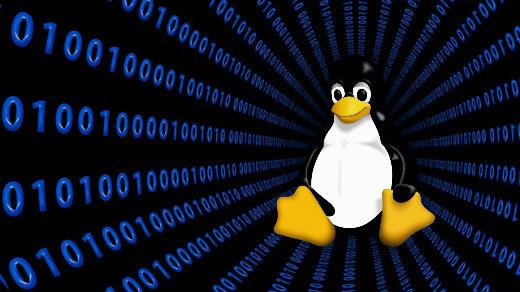Linux Host Environment Setup
Install supporting packags
Before you start any development, you need to set an environment up. The environmentdedicated to Linux development is quite simple, at least on Debian-based systems:
$ sudo apt-get update
$ sudo apt-get install gawk wget git diffstat unzip texinfo gcc-multilib build-essential chrpath socat libsdl1.2-dev xterm ncurses-dev lzop
$ sudo apt-get install gawk wget git diffstat unzip texinfo gcc-multilib build-essential chrpath socat libsdl1.2-dev xterm ncurses-dev lzop
ARM CROSS compilation:
- sudo apt-get install gcc-arm-linux-gnueabihf
Own built Kernel
Kernel Configuration, Compilation and Install
---------------------------------------------
1. Download Kernel Source from Kernel masters server:
$ cd ~/KernelSouceCode
$ git clone https://github.com/torvalds/linux.git
2. Kernel Configuration
$ cd linux
$ make menuconfig
3. Kernel Compilaton
$ make -j4 (Static Compilation)
out put is vmlinux (kernel raw image)
$ du -sh vmlinux (with out compressing)
$ make modules (Dynamic Compilation)
out put is .ko
$ du -sh .
4. Kernel Install
$ sudo make modules_install (.ko installation)
out put is /lib/modules/`uname -r`/build/
$ sudo make install
out put is /boot/vmlinuz-`uname -r`
out put is /boot/config-`uname -r`
out put is /boot/System.map-`uname -r`
out put is /boot/initrd-`uname -r`
out put is /boot/abi-`uname -r`
$ du -sh vmlinuz-`uname -r`
5. Reboot
$ sudo reboot


Comments
Post a Comment